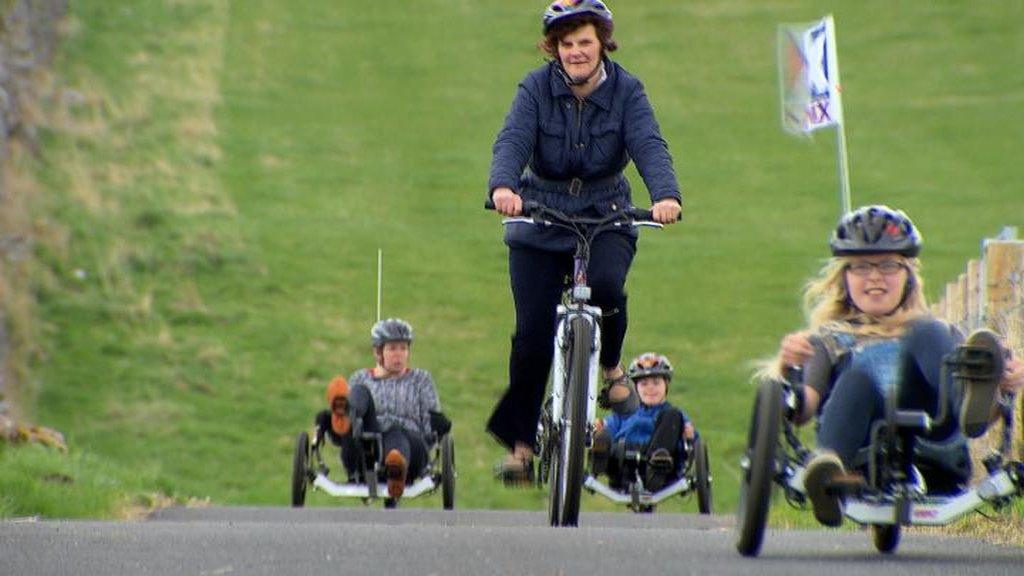Get Inspired: Everything you need to know about buying a bike
- Published
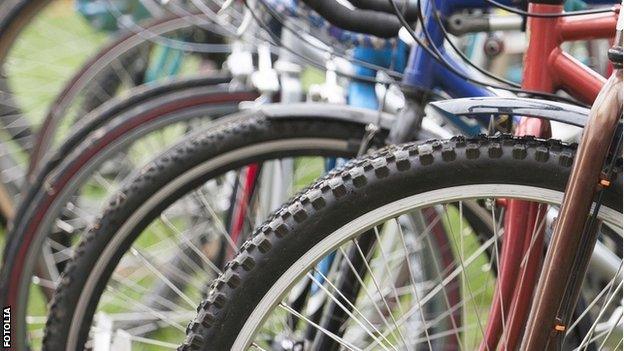
Do you remember the excitement of getting your very first bike? With more people returning to cycling, many are reliving that childish thrill and rediscovering the joys of two wheels.
Cycling is one of the best exercise choices for health and fitness. Whether you are commuting, riding for leisure or training for a challenge event, making sure you buy the correct bike will set you off on the right path.
What type of cycling do you want to do?
Do you want to ride on the road, on traffic free cycle paths or explore off-road? The type of cycling you are interested in will determine the best bike for you. A road bike, easily recognisable by the drop handlebars and skinny tyres, is best for logging up miles on tarmac. A mountain bike, with knobbly tyres and suspension, is the choice for exploring off-road trails and bridleways. A hybrid, which sits somewhere between the two, is good on the road, but also suitable for bike paths and light off-road duties, and is the bike of choice for many leisure cyclists and commuters.
Where should you go to get your bike?
Online deals are tempting, but a specialist bike shop will be able to advise you on bike types and ensure that your bike is correctly fitted. Simply altering handlebar width, the position of brake levers on the bars and trying a few different saddles, will make a big difference to your long term ride comfort.
There are some great second hand bikes available, but never buy unseen and always try to find a cyclist friend to advise you. It can also be a good idea to get your local bike shop to give any second hand purchases a check over and service.
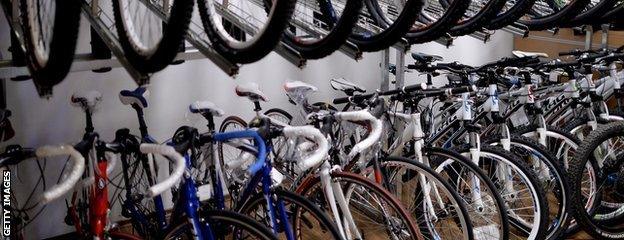
How much should you spend?
There is no need to spend thousands, but try to avoid very cheap bikes. Around the £400 mark is a good starting point for an entry level road, mountain or hybrid bike. Bikes under this price point will typically be excessively heavy, not enjoyable to ride and can often need parts replacing and servicing.
Spending between £700-£900 will get you a really solid bike, especially if you keep an eye out for last season's deals. However, if you can nudge your spend up to just below £1000, you will get far more for your money.
There is a real manufacturers' price war taking place at this spending point. The reason for this is due to the introduction of cycle to work schemes and their typical £1000 price cap. These schemes offer tax incentivised salary sacrifice payment plans for employees of businesses to purchase bikes to travel to work on. Ask your employer whether they have signed up to any of these schemes and check what retailers are available to you on it, as you could make a real saving.
Any accessories?
You will also need to factor some essential accessories into your budget. Many of the salary sacrifice schemes allow you to include these in your spend.
Helmet: A helmet isn't mandatory for cycling in the UK but, with modern helmets being so light-weight and well ventilated, they are comfortable to wear if you are considering wearing one. At the end of the day it comes down to personal choice.
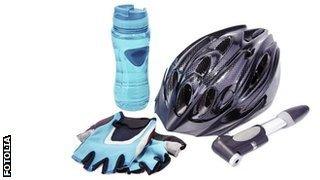
Puncture kit: Punctures do happen so you will need a pump, some spare inner tubes and tyre levers to fix them. If you are unsure about how to fix a puncture, ask your bike shop or a cycling friend to teach you, and practice a few times before it happens for real. There are some good step-by step videos online showing you how to do this as well.
Basic maintenance: A multi-tool is also handy for tightening bolts and basic maintenance. If you are cycling in the early mornings, evenings or in the dark, you will need lights. Again, your bike shop will be able to advise you on the lights needed for the riding you will be doing.
Clothing: You don't need specialist clothing for leisure cycling or commuting, but padded shorts, which you can wear underneath your normal clothes, make a massive difference to comfort.
Security: If you are going to be leaving your bike unattended at any time, make sure you get a decent lock.
What next?
1. Once you have bought your bike, find out more about cycle training, kit, techniques and nutrition at British Cycling's Insight Zone. , external
2. Go to our Activity Finder to find cycling near you.
3. Share your story, external and inspire others.
- Published25 July 2019

- Published10 November 2017
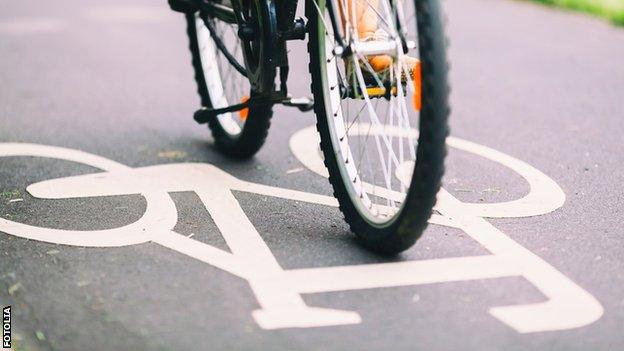
- Published25 June 2015
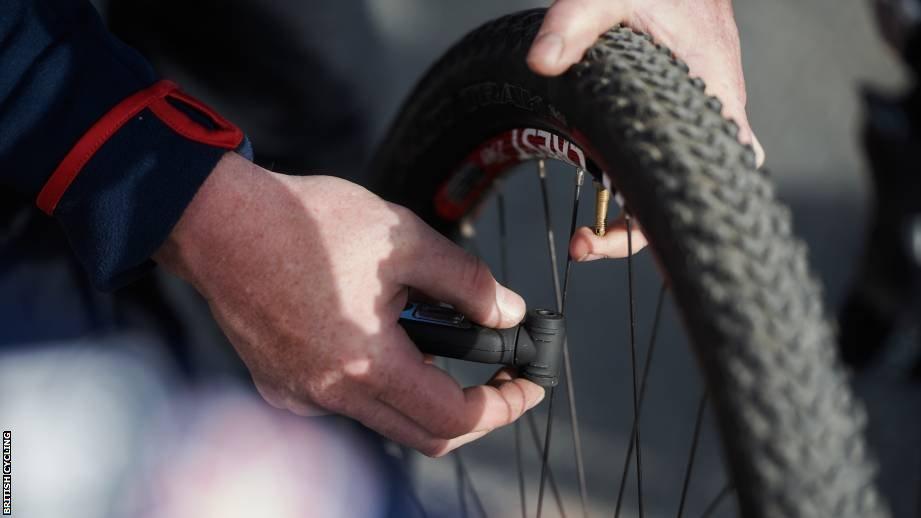
- Published10 November 2017
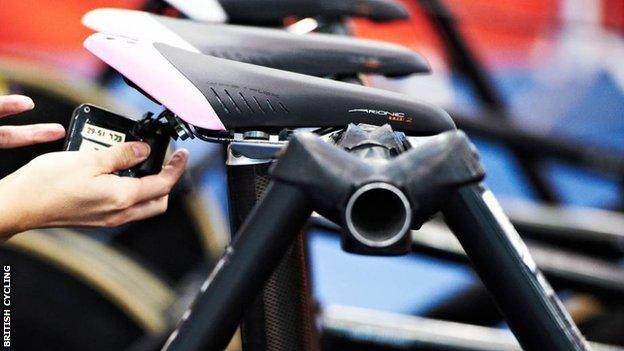
- Published19 July 2013
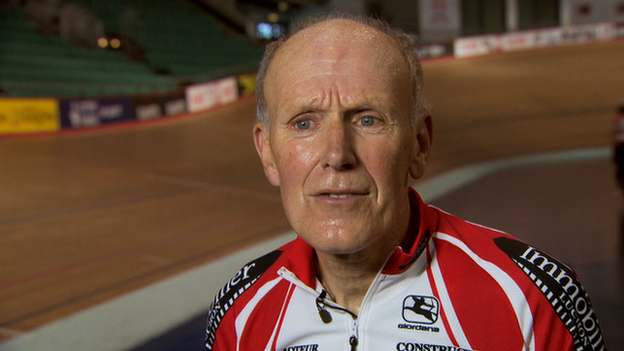
- Published25 August 2014
